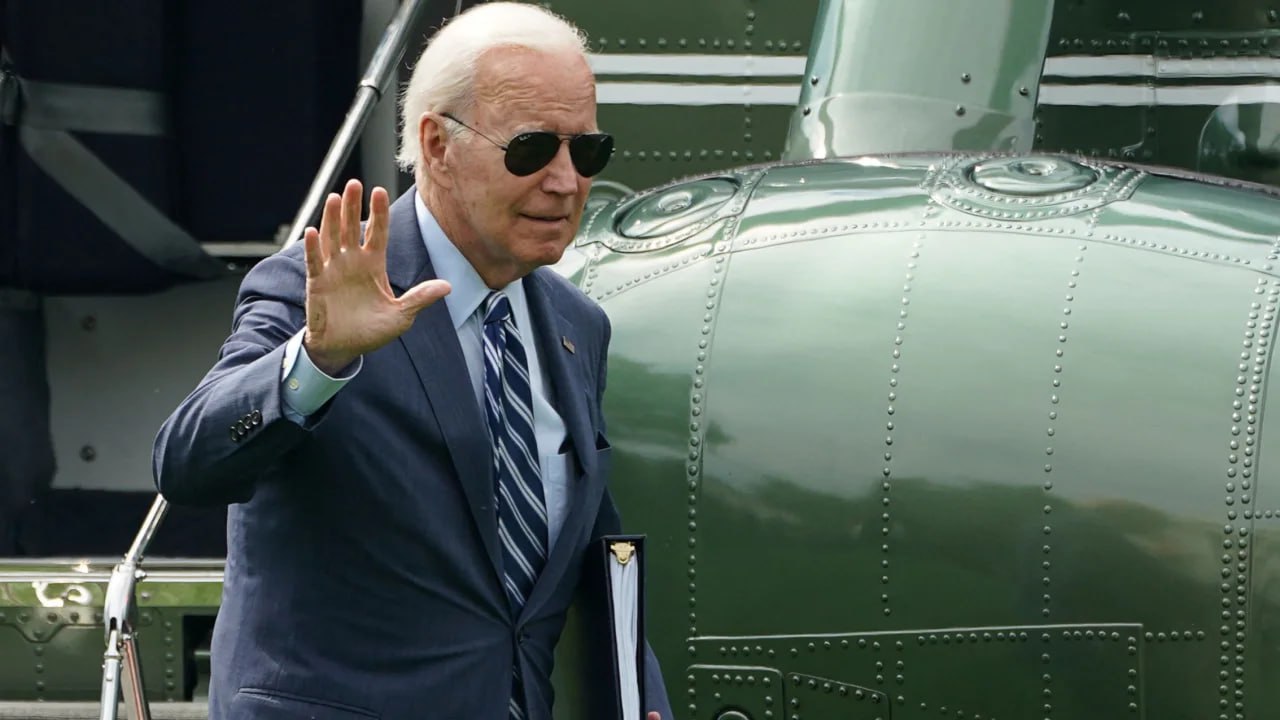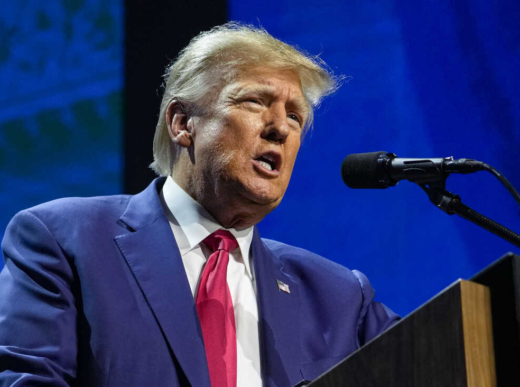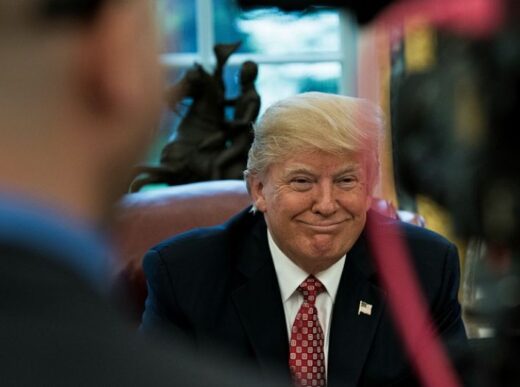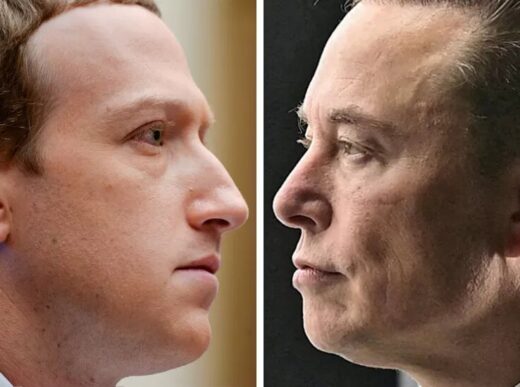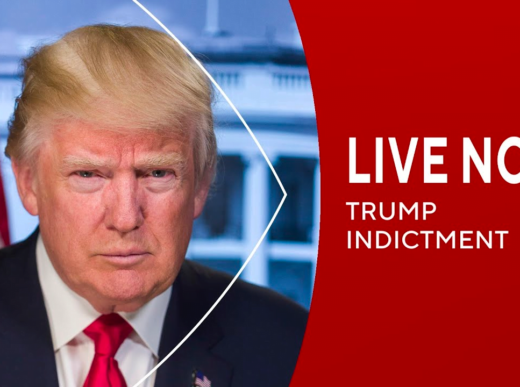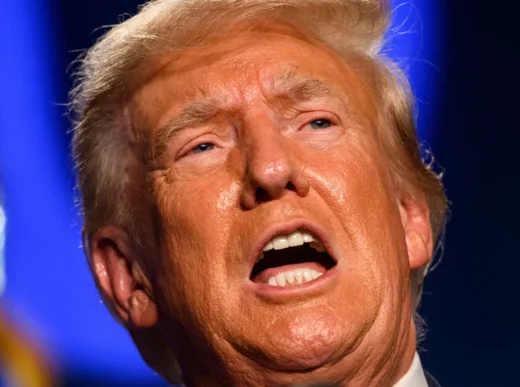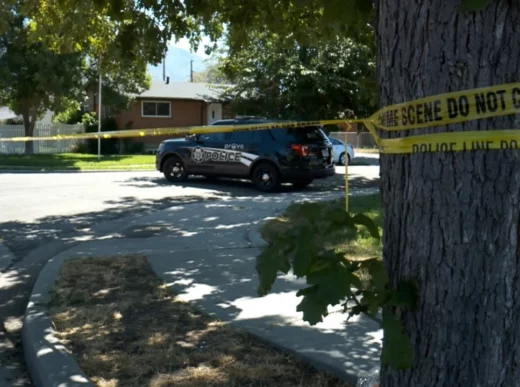In the wake of the devastating Maui wildfires, the White House has launched a determined effort to clarify and justify the federal government’s response. This initiative underscores what officials are calling a robust “whole-of-government response” to the crisis on the island.
Biden’s Silence and Escalating Criticism
As the death toll in Hawaii continues to climb, President Joe Biden has remained conspicuously silent on the tragic fires. His only comments thus far were brief remarks made in Salt Lake City on a Thursday. This silence has drawn attention and provoked criticism, particularly from conservative quarters. Over the weekend, as he departed Rehoboth Beach, Delaware, Biden’s terse “no comment” response to questions about the fatalities raised eyebrows and intensified the scrutiny.
President Biden’s return to the White House on Monday was marked by his avoidance of reporters’ shouted questions, adding to speculation about his stance on the issue. The President’s schedule for the upcoming days reveals no public events. However, Tuesday will see him engaged with the media as he travels to Milwaukee to discuss Bidenomics. While the White House has yet to confirm whether Biden will address the disaster during his trip, indications suggest that his presence in the media will be more pronounced throughout the week.
Trump’s Reaction and the White House’s Counter
In a contrasting response, former President Donald Trump swiftly seized on Biden’s “no comment” statement. In a released statement, Trump criticized his successor, accusing him of neglecting to provide assistance or commentary on the tragedy. Trump went on to describe this moment as “horrible and unacceptable.”
However, White House press secretary Karine Jean-Pierre countered Trump’s claims on Monday, asserting that President Biden is “deeply concerned.” Federal Emergency Management Agency (FEMA) chief Deanne Criswell further reiterated this sentiment, emphasizing the administration’s unwavering dedication to supporting Hawaii through its recovery process. Speaking via a video stream from Hawaii during a White House news briefing, Criswell disclosed her ongoing communication with Biden since the outset of the fires.
A Focused Response Effort
While President Biden has no immediate plans to visit Hawaii, White House press secretary Jean-Pierre emphasized close coordination with FEMA and Governor Josh Green’s office to explore potential avenues of support.
In the interim, the White House has provided an in-depth overview of the specific actions being taken to aid the recovery efforts in Maui. These include:
Federal Presence on the Ground
With a deployment of over 500 federal personnel, the administration demonstrates a proactive stance in managing the crisis.
Collaborative Search and Rescue
The US Coast Guard and US Navy are actively engaged in collaborative search and rescue operations, highlighting a united commitment to saving lives.
Multi-Faceted Fire Suppression
The US Army is playing a pivotal role in fire suppression efforts, while FEMA is actively involved in fire containment and the distribution of essential resources such as food, water, and shelter.
Economic Assistance for Recovery
The Small Business Administration is a critical player, providing disaster loans to businesses, homeowners, renters, and nonprofits affected by the wildfires.
Support for Health and Nutrition
The US Department of Agriculture has expedited approval for child nutrition and SNAP benefits to provide essential support to affected families.
Ensuring Public Health and Safety
The Department of Health and Human Services has declared a public health emergency, contributing to the disaster mortuary operational response.
Conclusion
The White House is actively engaged in the defense and explanation of its comprehensive response to the Maui wildfires. Despite criticism and questions surrounding President Biden’s silence, the administration’s actions and cooperation with various federal agencies and influential figures signal a resolute effort to bolster Hawaii during this challenging period. As recovery endeavors persist, the nation anticipates further updates and insights from President Biden as he navigates the complexities posed by this tragic disaster.
